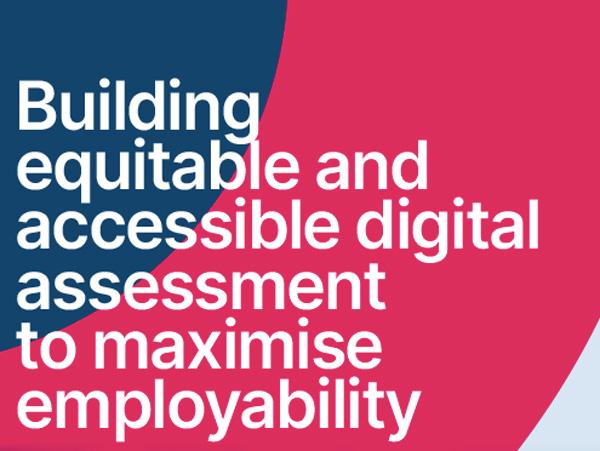As academics, we most often focus on imparting discipline-based knowledge and achieving learning outcomes. While dissemination of knowledge fulfils higher education’s inherent purpose, we have a responsibility to support businesses and economies by preparing job-ready graduates.
With the ubiquitous demand for work-ready talent, at the macro level colleges should include mandatory internships and research projects in the curriculum to align the programme learning outcomes with industry requirements. However, at the micro level, each facilitator needs to do their best to embed appropriate mechanisms within their courses to foster skills that enhance employability. This will ensure that the course learning outcomes address the needs of the recruiters. The following are a few approaches that educators can use to enhance problem-solving skill sets in students.
Teaching through case studies
Integrating case studies into your teaching helps students develop problem-identification and problem-solving skills. You can source cases by subscribing to case publishing sites such as Harvard Business Publishing, the Case Centre, WARC and others. These sites allow you to use multiple filters based on subject matter, popularity, availability of supplementary material and other criteria, which can make the selection easier. You can also create your own cases by modifying contemporary news stories to bring in dilemmas that the students need to solve. For example, you can amend a story on store closures of a clothing brand into a case situation where students need to suggest ways to turn the business around.
Incorporating live projects into classes
A live project is a real-world business challenge that corporate houses set students to enable them to get first-hand experience of the kinds of projects they might be asked to take part in in the workplace. For example, a company wanting to check consumer perceptions and attitudes towards its newly launched fruit drink might recruit college students to find this out. Based on students’ insights and research, the company might devise a pricing or packaging strategy for the new drink.
Fast-moving consumer goods (fmcg) companies are always in need of market research for their brands, so reaching out and partnering with one of these would be a good strategy if you wanted to incorporate live projects into your teaching.
- Resource collection: Getting students workplace-ready
- Show off students’ employability with e-portfolios
- Sharpen your students’ interview skills
Encouraging students to take microcredentials
Microcredentials are short-duration courses that can aid students in handling critical situations in the workplace. Coursera, Edx and Udemy are among many providers of these. Encouraging students to enrol on courses about creative problem solving and critical thinking, data analysis and data visualisation will help them enhance vital employability skills. Offering them additional marks for completing these courses provides an incentive.
Organising guest lectures
Inviting industry practitioners to guest lecture at your university will give students valuable insights into real-world business challenges and possible solutions. Reach out to your alumni network to find people who might be interested in imparting their knowledge and experience to current students.
Running simulations
Incorporating simulation games into your classes is an engaging way to encourage students to problem solve in real-time. A game scenario might involve students making decisions on the price they will charge for a product, the amount of commission they will give their traders and expenses allocated for promotions, among others, with each combination chosen resulting in an increase or decrease in profit or market share. By playing several rounds students get to understand the consequences of their decisions and get better at choosing the best way forward.
If you’re looking for inspiration, Harvard Business Publishing offers several simulation packages that you can subscribe to and MIT Sloan offers a free simulation experience with its Platform Wars game.
Setting research tasks
Working on research articles and cases in collaboration with faculty helps students identify problems and possible solutions. For example, a faculty member and a student can jointly study the corporate social responsibility programme of a particular firm and, based on data collection from beneficiaries of the programme, they can suggest modifications to the investment to increase the value for the beneficiaries.
Offering international exposure and networking opportunities
Faculty could encourage students to join international organisations such as AIESEC or the International Association for the Exchange of Students for Technical Experience (IAESTE) so that they can access global quality internships and projects that can expose them to global perspectives and work practices.
Ensuring you have an effective evaluation process
An important aspect of building these skills in your students is ensuring you have a watertight evaluation process in place. An example of grading rubrics could be:
- Inadequate: cannot find practical solutions
- Satisfactory: can identify possible solutions with help
- Proficient: can independently identify and evaluate workable solutions
- Excellent: can teach peers to identify and evaluate workable solutions.
Incorporating these strategies will help you mirror workplace environments and empower students to strive for successful futures.
Manju Meenakshy is an assistant professor (marketing) and co-chairperson (MBA – marketing) at T A Pai Management Institute, Manipal Academy of Higher Education, India.
If you would like advice and insight from academics and university staff delivered direct to your inbox each week, sign up for the Campus newsletter.




comment